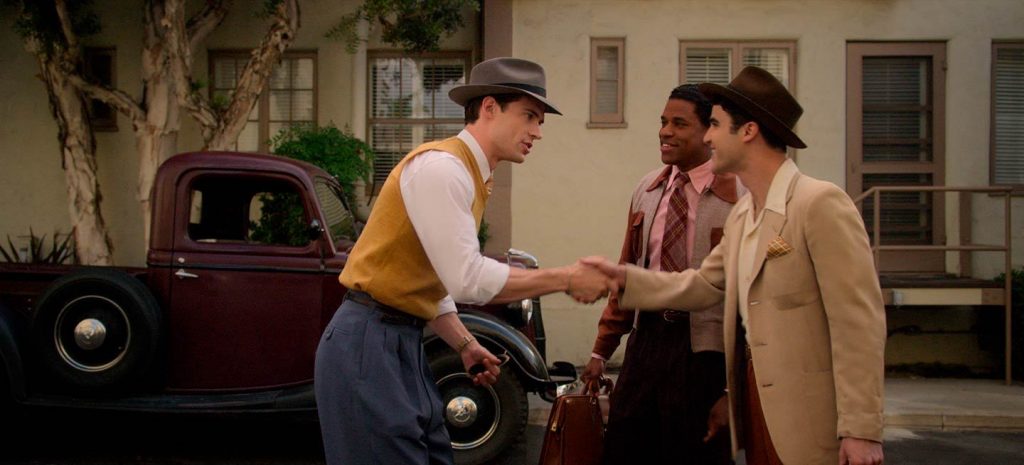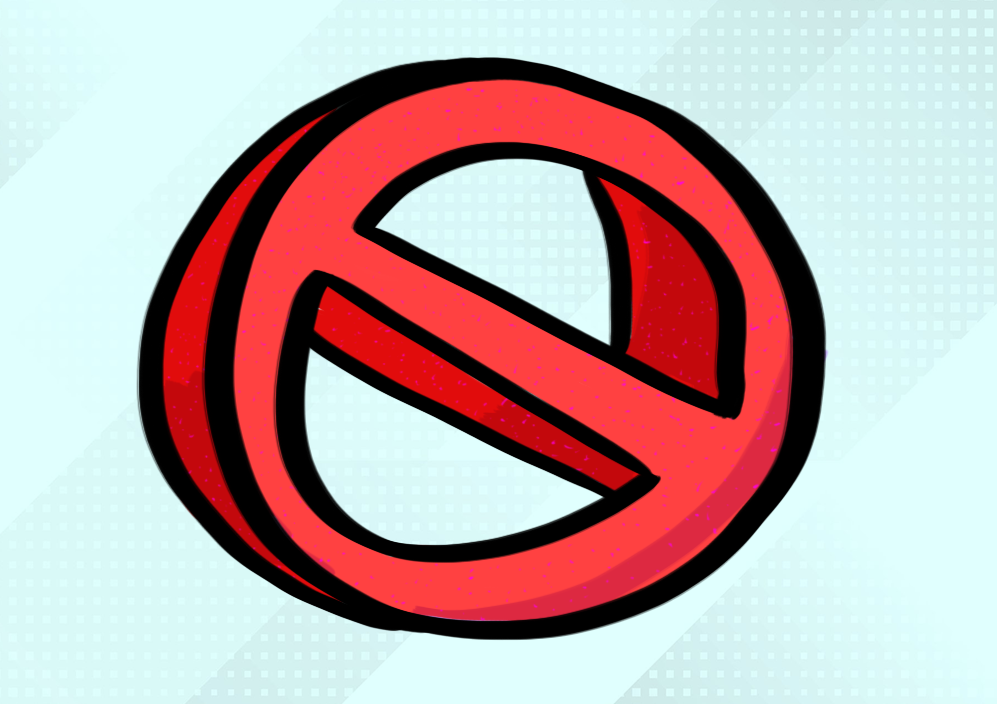Go back in time to golden age “Hollywood”
Netflix’s new mini-series, appropriately named “Hollywood,” is set in the postwar golden age of American moviemaking. Much has been said of how the show rewrites history by putting women, people of color, and LGBTQ+ members at the forefront of social change at a time when, in reality, these things didn’t actually occur. But such reservations depend on the viewer, and elsewhere this is a show that mostly shines like the lights around the Hollywood sign.
The name “Hollywood” itself invokes images of classic movie stars, the hills of Los Angeles, and the movie business that dominates the city’s economy. But beneath the glitzy exterior of the City of Angels lies dark secrets, and for every success story, there are a thousand failures. Aspiring actors like WWII vet Jack — played by David Corenswet — and screenwriters like an African American, homosexual named Archie, played by Jeremy Pope, are willing to do anything to get a shot at the big time.
When Ace Pictures studio head Ace Amberg, played by Rob Reiner, falls into a coma and his wife Avis — played by Patti LuPone — takes over, doors open and leads her to take a chance on Archie’s newest script. She hires Raymond — played by Darren Criss — to direct, and his girlfriend Camille, played by Laura Harrier, and her own daughter Claire which is played by Samara Weaving, to star. But with all these changes come waves in the establishment, and it’s up to the new group to decide whether or not to risk their careers to do the right thing.
As can be gathered from the plot description, there are plenty of characters to keep track of in the story. The episodes don’t provide a singular focus one character at a time either; it continues to jump from person to person at will. For the average viewer, this structure can get a little confusing. Yet, there’s enough separation to get oriented, and it’s easy for any viewer to latch onto a favorite character quickly. Mine was the foul-mouthed talent agent Henry Willson, played with delicious-controlling-villainy by Jim Parsons.
Set in the city of the same name and taking place in 1947, “Hollywood” and many of its characters along with their situations are directly based on real movie stars and directors. However, several artistic liberties are taken with historical events, and thus playing out as a fantasy scenario for the modern-day perspective.
The show is helmed by Ryan Murphy, who previously found success on TV by creating and producing such shows as “Nip/Tuck,” “Glee,” and “American Horror Story.” This past successful track record led to him obtaining a five year, $300 million contract with Netflix and a straight-to-series order for this particular mini-series.
Historically, minorities haven’t had a great deal of opportunities in the entertainment business, even in a supposed liberal bastion like Hollywood. The leaps from reality tend to be large and intentional, like a colored woman getting cast as the lead in a major studio film at that time. The racism of the era is not overlooked, however the social change enacted is distinctly not of the period.
Yet, the series is ultimately just as uplifting as the films from then. Coupled with exquisite detail like the costumes, sets and cars, it properly places the viewer in the time of the late 1940s. But, ultimately, it’s a lie and just as much of a fantasy as a modern-day superhero movie. It’s accurate in the sense that it depicts Hollywood as a town built on the broken dreams of thousands, but then twists it by giving women and minorities a voice in a time when they didn’t have one. Even today these groups continue to have problems regarding visibility and proper representation within the industry.
“Hollywood” occupies two worlds, with one leg in the past and the other in a more progressive present, it tries to blend the two styles with mixed success. Much of the viewer’s response to it will be subjective — whether or not you can buy an alternate history such as this — but aesthetically, it’s highly entertaining to watch. The acting is pretty good from its ensemble cast, the period detail is great fun, and the championing of minorities makes it feel like it at least has its heart in the right place. But the writing falters occasionally and the representation angle feels like it’s trying too hard to make a statement rather than tell a good story. A little more subtlety would have gone a long way.
Title: Hollywood
Star Rating: Three and a half stars
Good:
- Extraordinary 1940s period detail.
- Isn’t afraid to be frank about the racist, sexy past of Hollywood.
- Solid performances from a big cast.
Bad:
- Portrays a history that did not happen.
- Overemphasis on sex.
- Large cast of characters can make it difficult to keep track of who is who.



